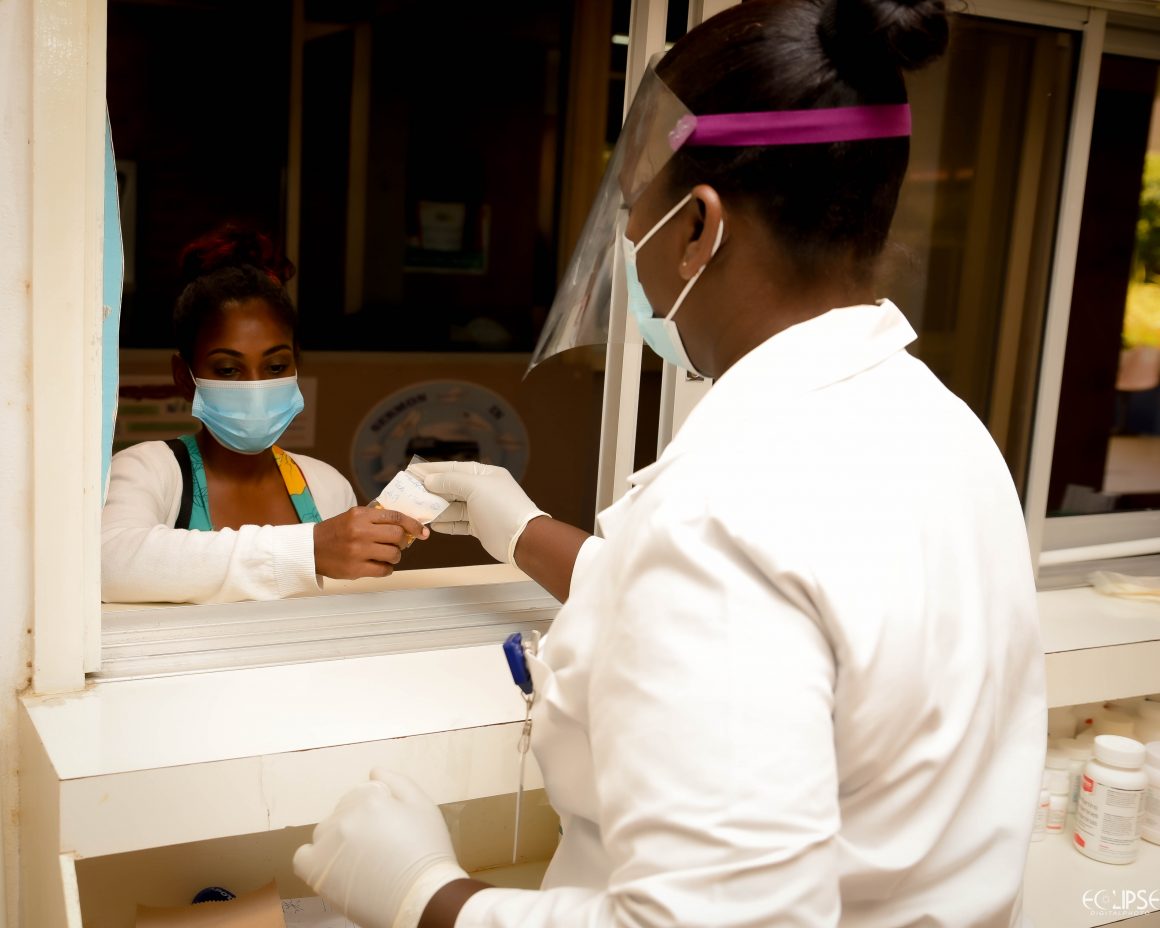When it comes to sexual and reproductive health, it can be hard to know what’s “normal” and what may be a sign of a potential health problem. Even if you feel embarrassed about certain issues, your gynecologist has seen and heard it all and is there to help you.
Here are seven things you should always discuss with your gynecologist:
- Painful Periods
- Vaginal Odor
- Swelling Bumps or Growth “Down There”
- Sexual Discomfort
- Sexual History
- Urinary or Fecal Leakage
- Low Libido
All Gynecological issues.
Obstetrics
- Pregnancy and Antenatal care and delivery
Gynecology Oncology
- Cancer of the Cervix
- Cancer of the Uterus
- Cancer of the Ovary
- Others
Other Available Services
- Pap smear
- VIA
- Biopsy
Pap Smear
This is a screening tool for all women between the ages of 21 – 65 years old. No appointment is required.
To ensure your Pap smear is most effective, follow these tips prior to your test:
Avoid:
- Intercourse
- Douching
- Vaginal Medicine or spermicide Foams, creams, jellies 2 days before. As they may wash away or obscure abnormal cells.
- Try not to schedule a Pap Smear during your menstrual period.
Note:
Pap Smears should be done from the 7th day after your last period.


Leave a Reply